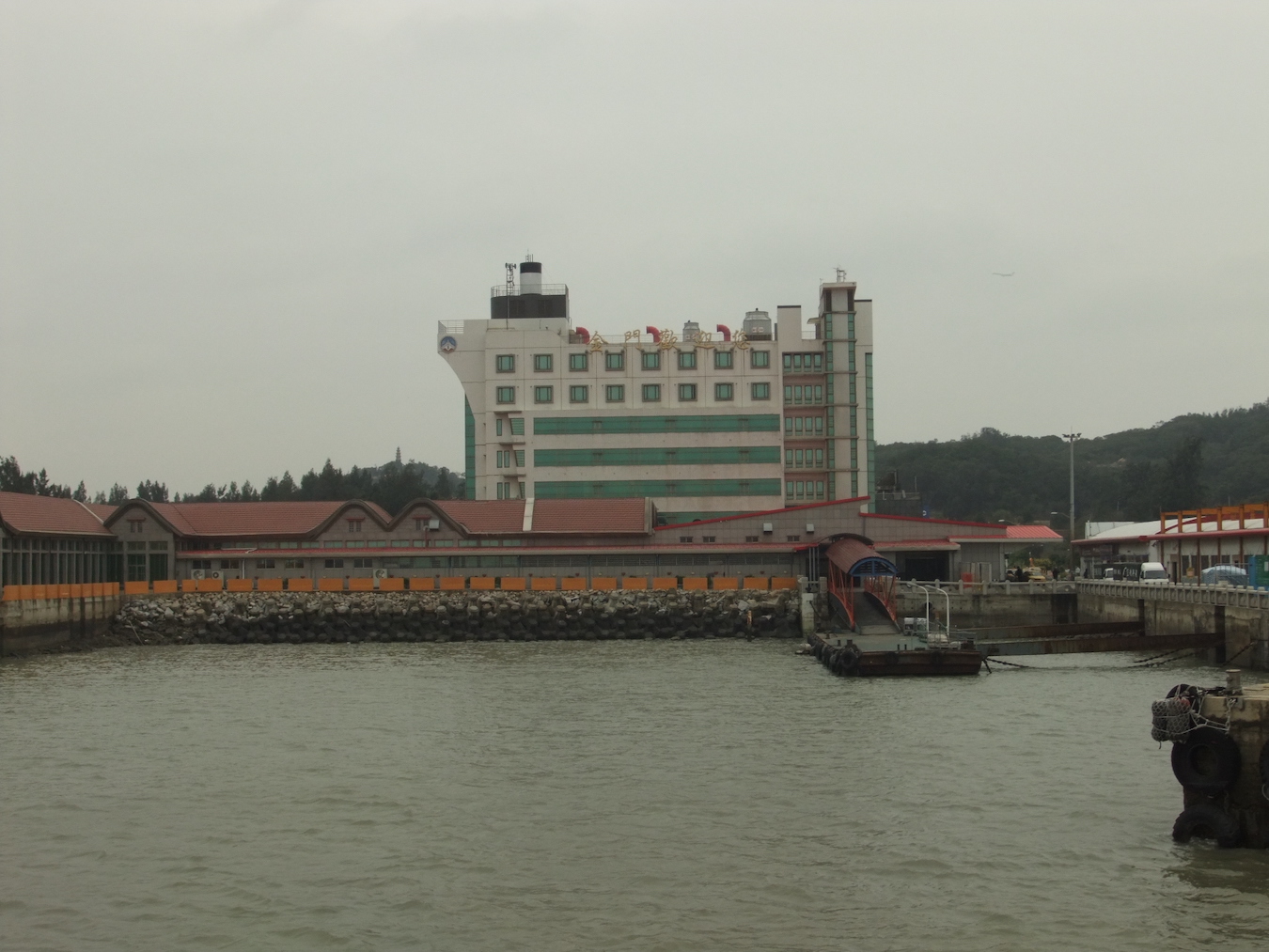by Brian Hioe
語言:
English
Photo Credit: pedist/Flickr/CC BY 2.0
AN INCIDENT involving the drowning death of two Chinese fishermen, who were on a speedboat intruding in the territorial waters of Kinmen, continues to be politically contested. The two fishermen died after the speedboat they were on refused to consent to a search by the Taiwanese Coast Guard, attempted to flee, then capsized. Though two of the four people on the speedboat were pulled out of the water, the other two had no vital signs when this occurred. Reportedly, negotiations are ongoing between Coast Guard officials and China.
The Chinese government initially had a moderate response to the incident, though the Taiwan Affairs Office condemned Taiwan for “hurting the feelings of the Chinese people,” and alleged that the incident took place as part of the systematic harassment of Chinese fishermen and vessels by the Taiwanese Coast Guard. The Chinese government claimed this to be the result of the Tsai administration’s hostility toward China, never mind that Taiwan sees near-daily incursions into its Air Defense Identification Zone by Chinese warplanes, sand-dredging and other grey zone activities by Chinese ships near outlying islands of Taiwan such as Matsu, and other military threats by Taiwan.
The Chinese government later used the incident as a pretext to escalate grey zone activity, announcing that it would be increasing patrols in waters in the vicinity. This has already led to one incident in which a Taiwanese tourist ship was boarded by Chinese maritime officials and searched.
China may not have wanted to miss out on the pretext to escalate. Yet the initially muted response may have been for several reasons. First, China may have wished to come off as restrained when there was more attention paid to the incident as a recent one. Escalation, then, could occur when there was less attention on the issue.
But the Chinese government may not have wanted Chinese fishermen that intrude in the territorial waters of other countries to take the view that the Chinese state would back them in all cases they do so. Seeming as though there was carte blanche for such actions could create unwanted geopolitical complications for China with regard to other countries, many of which in the region China already disputes waters and territories with.
 Photo credit: Vmenkov/WikiCommons/CC BY-SA 3.0
Photo credit: Vmenkov/WikiCommons/CC BY-SA 3.0
Though China claims Taiwan as part of its integral territory, this could still prove inconvenient in other contexts. Indeed, though China aims to escalate grey zone activity and find convenient pretexts for doing so, it probably hopes to do so on the basis of state-directed actions that it can control, rather than those of civilians. Indeed, the actions of Chinese nationalists could potentially be unwanted, in terms of inflaming nationalist sentiment or entangling China in inconvenient tensions.
There has been further political contestation in Taiwan after it emerged that the speedboat capsized because it collided with the Coast Guard vessel. KMT politicians such as legislator Hsu Chiao-hsin have accused the Tsai administration of failing to be forthcoming about the incident, seeing as the Coast Guard did not disclose the reason why the speedboat capsized for some time. This has also been alleged to be a cover-up.
The Taiwanese Coast Guard has stated that it will use cameras in the future to avoid such incidents. The move toward greater transparency likely can help with avoiding such incidents in the future.
Namely, Taiwan has an imperative to avoid incidents that could escalate regional tensions and be used as a pretext for escalation–or which could potentially inflame Chinese nationalist sentiment, leading to pressure on the Chinese government to take action against Taiwan. Greater transparency, including publicizing incidents or footage, could help with this in the future. Taiwan must in such cases avoid being perceived as the aggressor, so as to sway international opinion, while also avoiding giving China a pretext for action.
At the same time, one does not expect the Chinese government to follow suit with similar moves. The Chinese government, after all, does not have any interest in being transparent, when this allows for it to spin events and frame them as it hopes to, in line with its geopolitical ambitions over Taiwan. Yet this, in fact, increases the odds of a conflict that nobody would benefit from–Taiwan or China alike.

